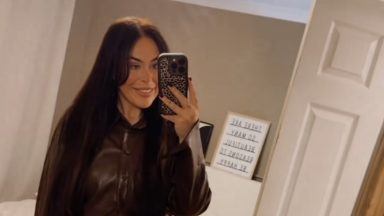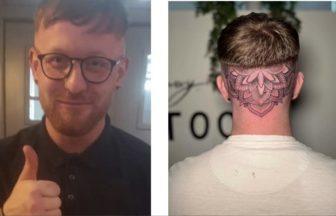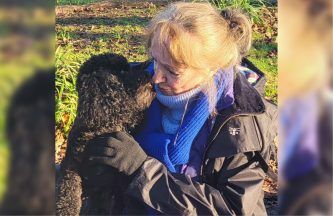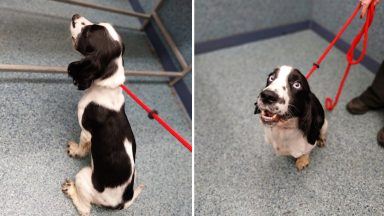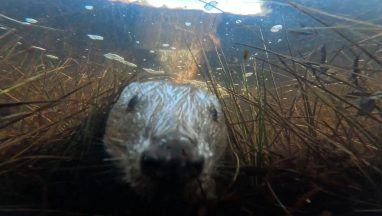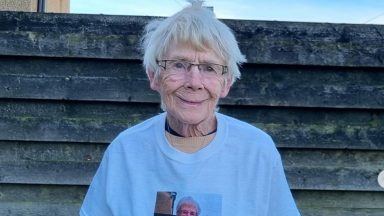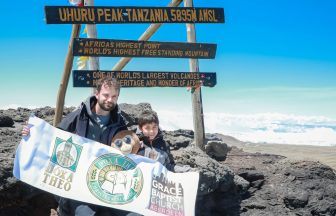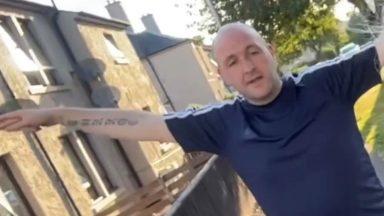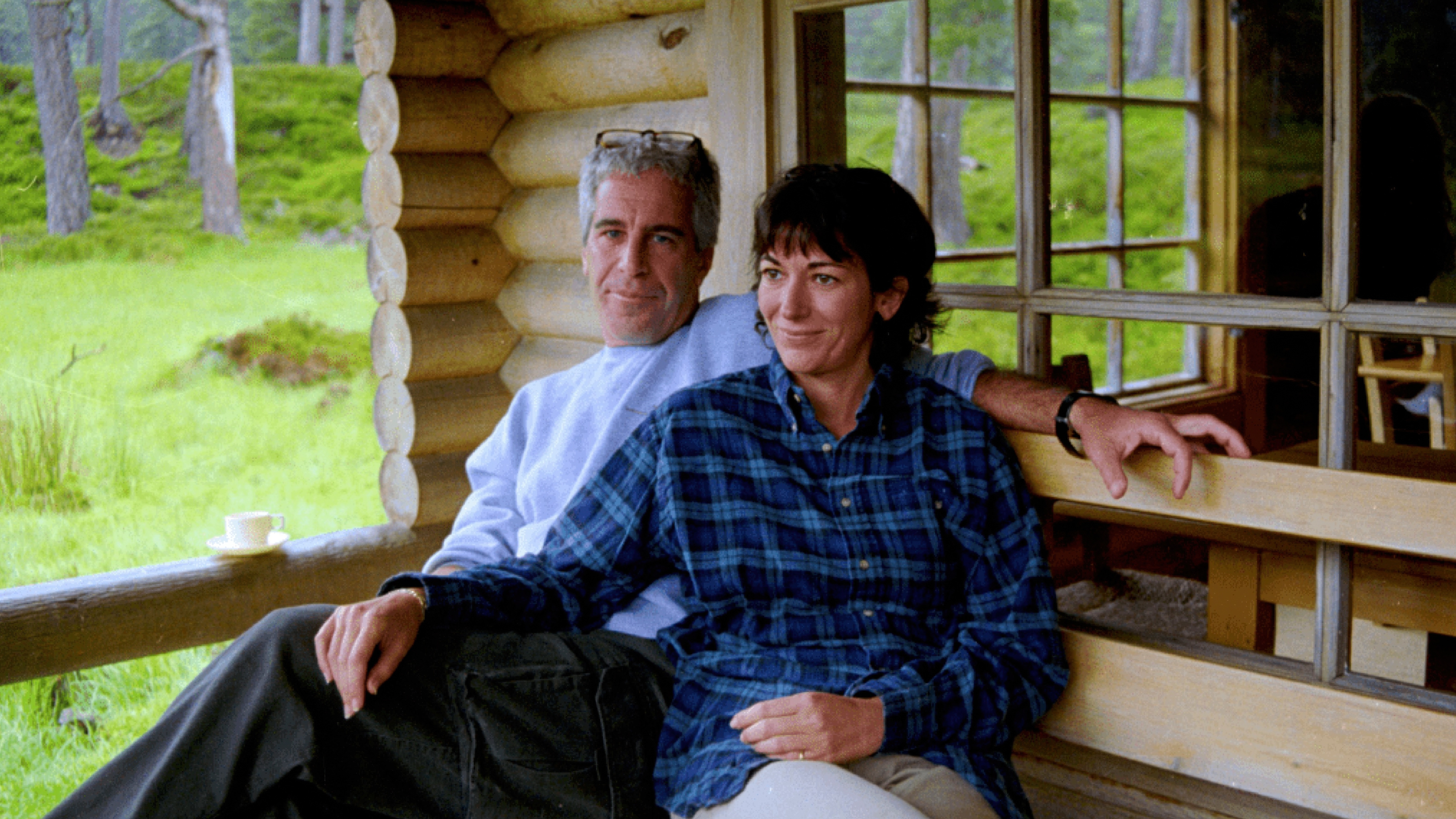An Aberdeen woman living a rare genetic condition causing both deafness and progressive blindness has credited a north east charity with helping her regain confidence and independence.
Susan Charles, 58, was diagnosed with Usher Syndrome in 1998 after experiencing worsening eyesight alongside lifelong hearing loss.
Usher Syndrome combines congenital deafness with Retinitis Pigmentosa (RP), which leads to tunnel vision.
Susan said she first noticed her vision deteriorating while out with her sister.
She said: “I remember my sister noticed one night after we had been at Weightwatchers. It was dark, and I was feeling for the door and the steps, and my sister said, ‘What’s wrong?’
“I said: ‘I don’t know, it’s dark’, and I asked her, ‘Do you see that, the door and the steps?’ She said she could see them, and I thought that was weird because I couldn’t.”
Susan’s condition forced her to leave her job in the fishing industry, and over time she became anxious and reluctant to leave her home.
“When my mum passed away in 2012, I just felt lost. I was looking after my dad then, and my sight was getting worse,” she said.
“I was using my cane, but kept looking down and I’d start to panic, looking for the kerb. I’m scared of kerbs, I’m scared of steps.
“I lacked confidence going out and meeting people. I was getting really anxious and had fallen a couple of times.”
Susan reached out to North East Sensory Services (NESS), which has supported her for nearly 30 years.
Through rehabilitation workers, she received cane training and gradually rebuilt her independence.
“I spoke to the NESS social worker about how I was feeling, and she put me in touch with the rehab workers to do cane training. The first time I went out with the rehab worker, oh my God, I was so nervous.”
After weeks of practice, she was able to take the bus alone again.
“I used to take the bus down to my dad’s, but I’d stopped because I’d lost confidence and used to panic.
“So the rehab worker trained me to go on the bus, and with the fieldwork assistant, I was able to take the bus down to my dad’s house.
“It took about three weeks to build up to that, and it felt like a big achievement. If it wasn’t for the rehab worker and fieldwork assistant, I would still be stuck in the house.”
Despite ongoing health challenges and worsening sight, Susan remains active at home and is trying to return to baking, one of her favourite hobbies.
“I used to love baking, which I miss, so I’m trying to do it again. I still cook, but I can’t identify colours, so I can’t tell how brown a roast chicken is, so my husband has to check if the chicken is cooked.
“I’m fine doing things in my own home, I still enjoy doing my washing and my housework, I used to be quick doing things, but now I’m very slow.
“I can’t pair socks any more because I can’t see the colours. I like having my kitchen to myself on a Sunday. I send my husband and daughter away so I can stay in there myself, so I don’t bang into them.”
Susan wants others to recognise the early signs of sight loss and seek help without delay.
“I would like to tell people that if you are bothered by banging into little things or finding it difficult at night or in darkness, go and see your doctor.
“These are early indicators of sight loss. And then don’t be afraid to go to NESS and get some help.”
NESS supports thousands of people with visual and hearing impairments across the north east of Scotland, providing rehabilitation, training, and daily living aids to help maintain independence.
Carla Marchbank, statutory services manager at NESS, said: “Susan’s inspiring story highlights some of the major challenges people can face when they are deafblind. It also shows that it can be an ever-changing situation, which is why we encourage people to get in touch with us for support whenever they need to.
“We understand that their condition can change, and how they feel about doing certain things can also change.
“Something that once was possible might start to feel more of a challenge, but we can explore ways of restoring confidence, through new strategies, equipment or training, which help people adapt to their new circumstances.”
Follow STV News on WhatsApp
Scan the QR code on your mobile device for all the latest news from around the country


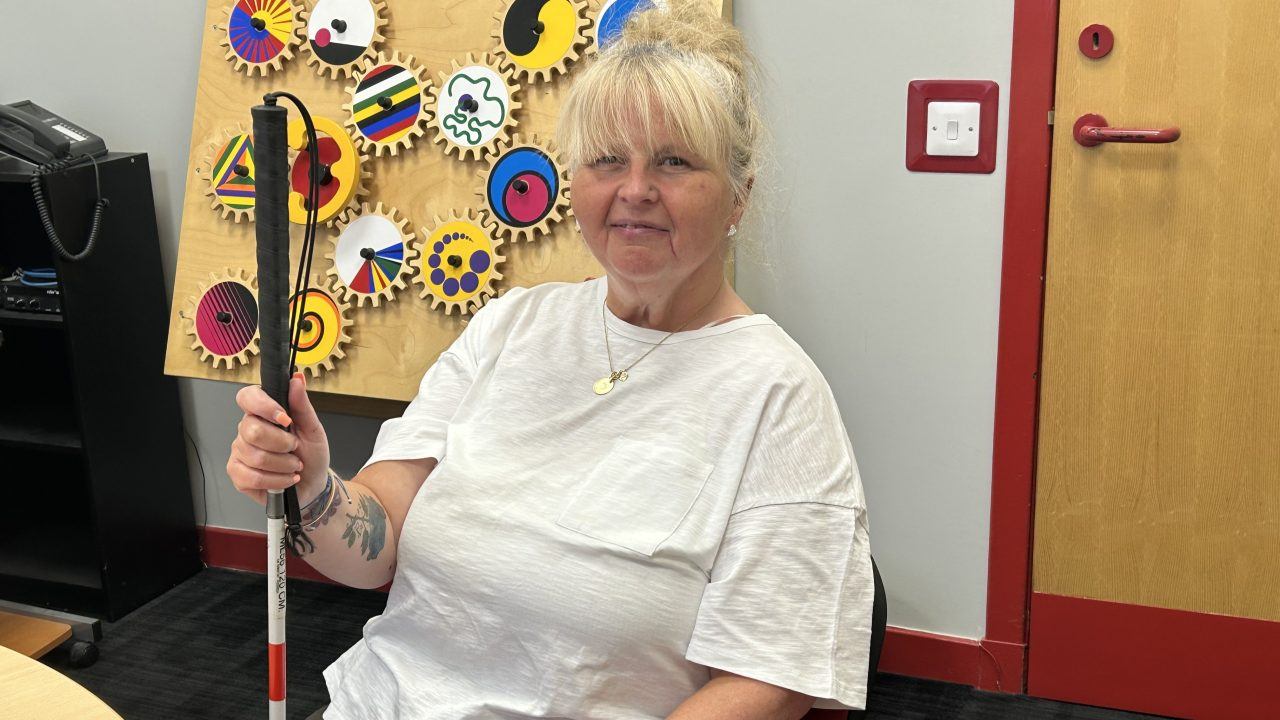 NESS/Quantum Comms
NESS/Quantum Comms

